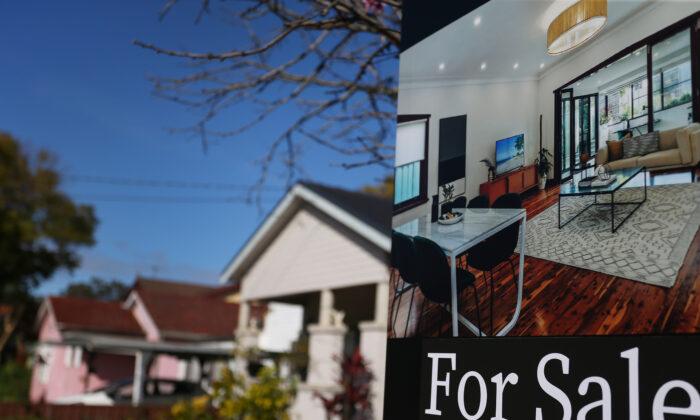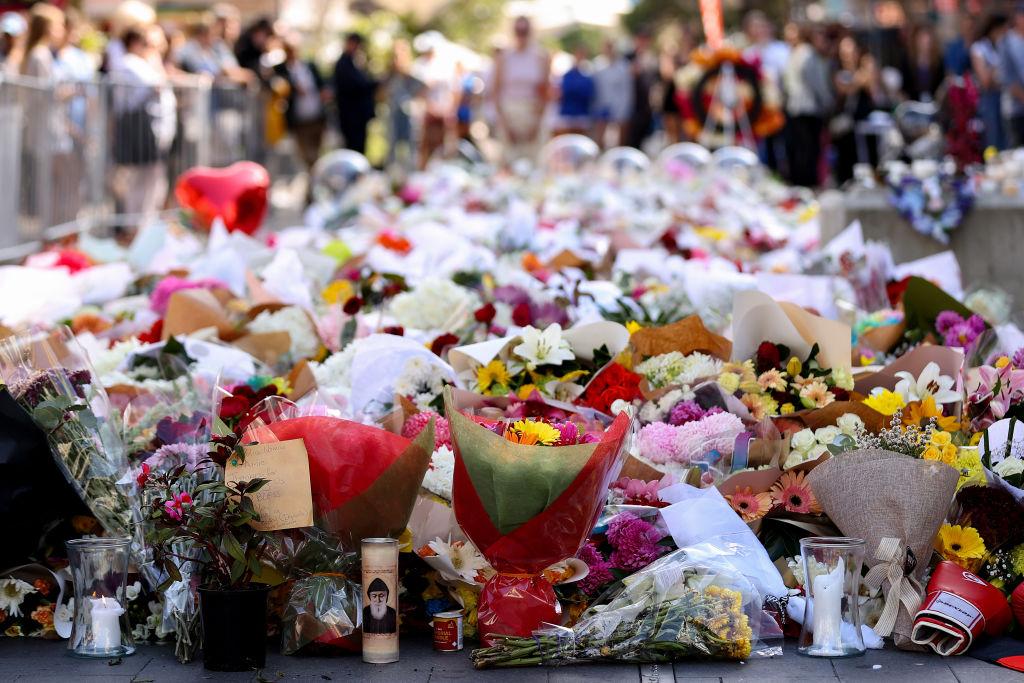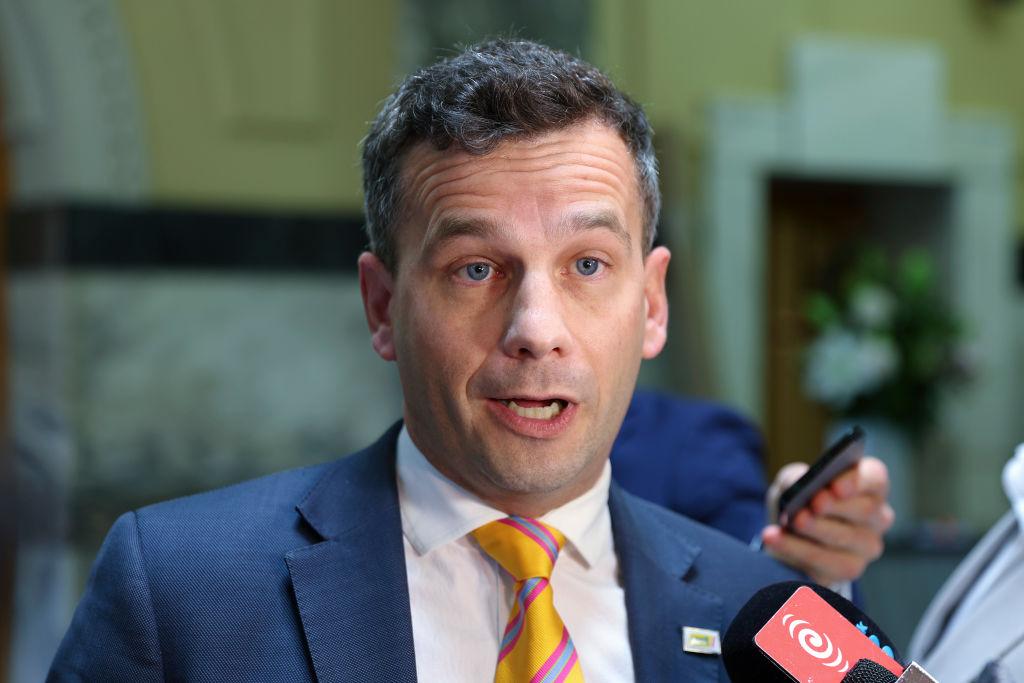The pace of falling house values saw signs of slowing in February, underpinned by low levels of advertised stock, but experts say it is still too early to declare the downturn over.
Tim Lawless, CoreLogic’s research director said this stabilisation of prices coincides with low advertised supply and a rise in auction clearance rates.
But he warned that with more rate hikes to come and expectations of a weaker economy, the current reprieve in the market’s downturn would just be temporary.
“We also have the fixed-rate cliff ahead of us; arguably the full impact of the aggressive rate hiking cycle is yet to play out,” he said.
The average listing across Australia’s capital cities were 17 percent lower than a year ago and 12 percent lower than the previous five-year average.
In February, Sydney was the sole capital city that saw an uptick in prices, while the others, except Hobart (1.4 percent), saw housing values fall by less than 0.5 percent.
Almost a year into the current downturn, Melbourne housing values have returned to nearly equalling March 2020 levels, sitting at just 0.3 percent higher.
Four Percent a ‘Critical’ Mark
Louis Christopher, the managing director of SQM research, said his data was consistent with CoreLogic’s numbers.He said the four percent cash rate mark was critical, predicting that if the reserve bank raised rates above that, it would trigger a “second league” in the housing downturn.
“This is when we‘ll start to see real stress in the housing market by existing property owners. And it is very likely we’ll see an acceleration in distressed sales activity and that will put downward pressure on prices as we go further into 2023,” he said.
Interest Rates and Supply: Two Major Factors
Meanwhile, ProTrack’s home value index painted a more optimistic picture, reporting a rise in every capital city except for Hobart.Eleanor Creagh, ProTrack senior economist, said lower stock levels driving up buyer competition influenced this slight push in prices.
However, Hobart was the only capital city where the number of listings was higher than the previous five-year average, giving potential buyers much more choice and reducing competition.
“However, it is too early to call an end to the downturn.”
She said that if stock increases in the coming months, it will remove the “floor” on house prices, but if the supply constraints remain, it could counter the pressure from consecutive interest rate increases.
Yellow Brick Road Home Loans Executive Chairman Mark Bouris highlighted that while Australia had seen its cash rate increase by 3.25 percent over the last year, a lag of about 1.8 percent exists.
“The general opinion is that 180 basis points or 1.8 of that hasn’t yet hit the marketplace, in other words, is still in lag territory. Plus you’ve got all the fixed rates that are about to come off as well in 2023,” he told Sky News Australia.
“So expect more falls—that’s the bottom line.”
The Reserve Bank of Australia will announce its next cash rate decision on March 7, with expert consensus expecting another hike of 25 basis points.






Friends Read Free